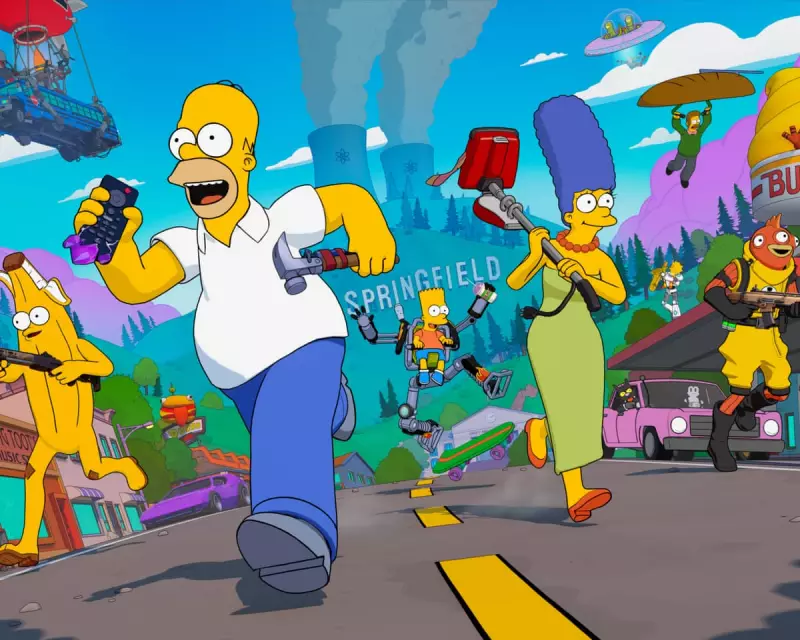
For over three decades, The Simpsons haven't just dominated television screens—they've been quietly conquering the gaming world in the most wonderfully strange ways. What began as simple pixelated adventures has evolved into one of entertainment's most unexpected and enduring cross-media relationships.
From Arcade Cabinets to Living Rooms
The yellow family's digital journey started in the arcade era with 1991's 'The Simpsons' arcade game, where players could bash their way through Springfield as Homer, Marge, Bart, or Lisa. This side-scrolling beat-em-up became an instant classic, capturing the show's anarchic spirit while introducing the characters to a new generation of gamers.
As gaming technology advanced, so did The Simpsons' virtual presence. The 2000s marked a golden age with titles like 'The Simpsons: Hit & Run,' which brilliantly fused the open-world chaos of Grand Theft Auto with the show's signature humour. Players could finally explore Springfield in all its glory, from the Kwik-E-Mart to the Nuclear Power Plant, while undertaking ridiculous missions that felt ripped straight from the show's writers' room.
More Than Just Cash-Grabs
Unlike many television-to-game adaptations, The Simpsons games often demonstrated genuine understanding of what made the source material special. They weren't merely slapping familiar faces onto generic gameplay—they were expanding the universe, creating interactive experiences that complemented rather than copied the television series.
The games became so integrated into the show's DNA that they started appearing within episodes themselves. Remember 'Bart's Nightmare' or the 'Bonestorm' sequence? The writers weren't just making fun of gaming trends—they were participating in them, creating a fascinating feedback loop between screen and controller.
A Legacy That Continues
Even as the gaming landscape transformed from cartridges to digital downloads, The Simpsons maintained their relevance. Mobile games like 'The Simpsons: Tapped Out' allowed players to build their own Springfield, while newer console offerings continued to push the boundaries of what a licensed game could be.
What makes this relationship so remarkable is its longevity. While other television adaptations faded into obscurity, The Simpsons games have remained culturally significant, with 'Hit & Run' in particular developing a cult following that continues to demand remakes and sequels.
The secret to this success? A perfect blend of faithful adaptation and creative risk-taking. The games work because they understand that Springfield isn't just a backdrop—it's a character in itself, filled with possibilities for mischief, satire, and heart that translate surprisingly well to interactive entertainment.





